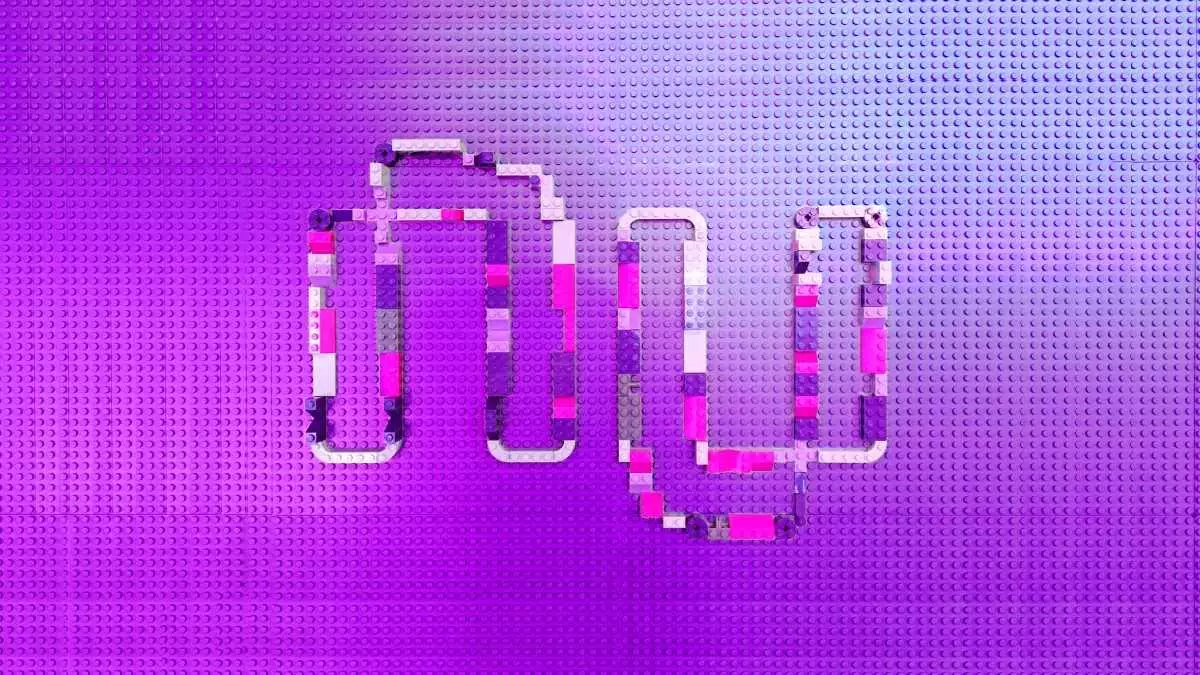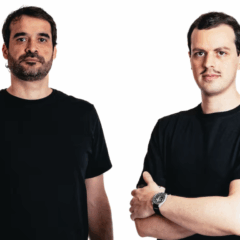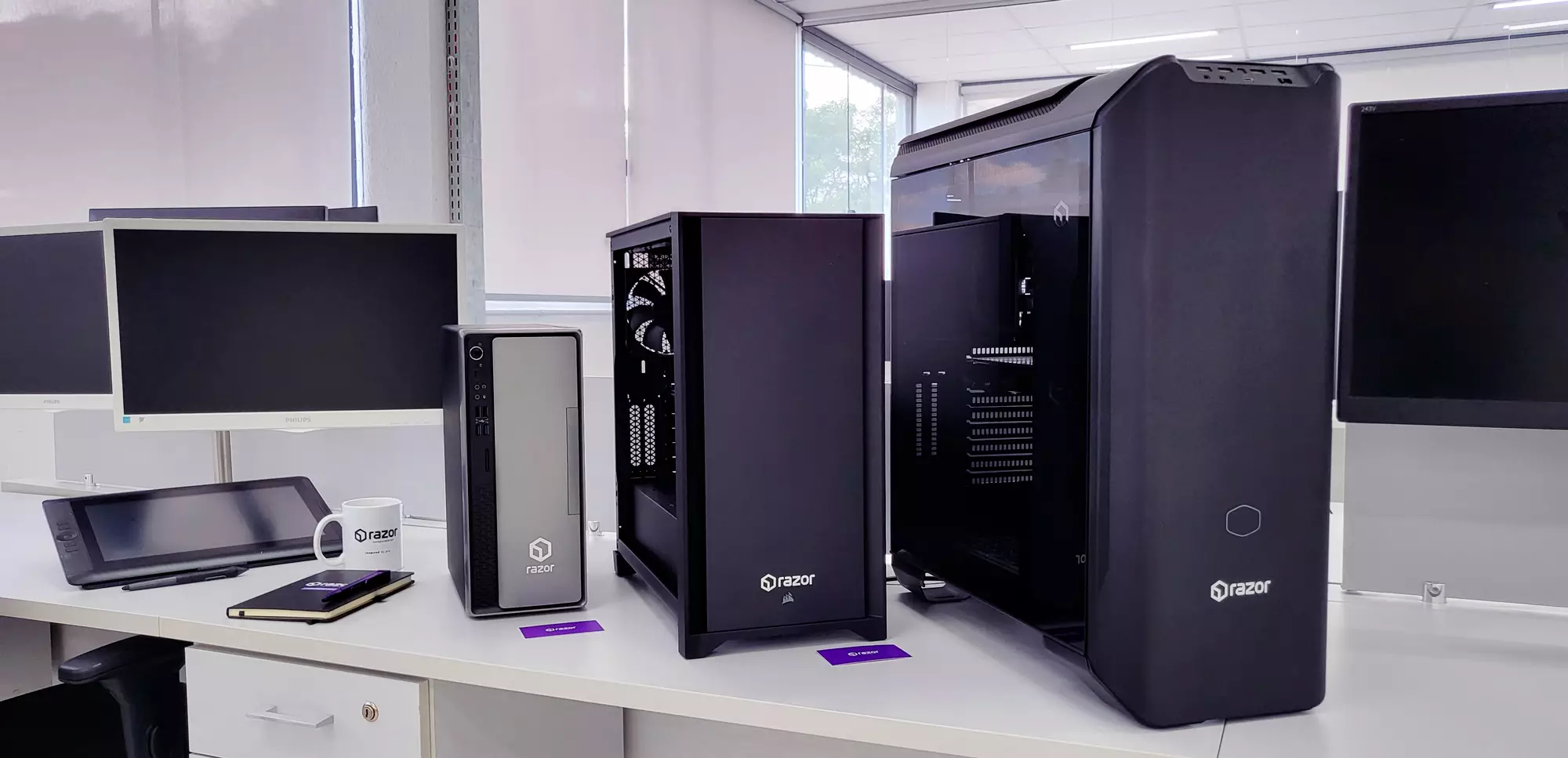
Brazilian challenger Nubank registered an adjusted net income of $10.1 million in the first quarter, reversing the adjusted net loss of $13.1 million from the same time last year. This is the best financial result in the neobank’s history. In the fourth quarter, Nubank’s profit reached $3.5 million.
These adjusted results are calculated based on the net income adjusted for expenses such as share-based compensation and the tax effects related to these items.
In the unadjusted indicator, Nubank‘s net loss shrunk to $45.1 million – 9% higher than last year’s $49.4 million net loss.
“This is the strongest quarter in Nubank’s history,” said David Vélez, founder and global president of Nubank, in a press statement. “This result is driven by our advanced risk modeling, as well as our disciplined and resilient lending, especially in light of the current macroeconomic conditions.”
In the first three months of the year, its revenue reached a record high of $877.2 million, an increase of over three-fold in the annual comparison.
The average revenue per active customer (ARPAC) was around $6,7 – an increase of 91% year-over-year, or 63% excluding exchange rate effects.
However, the average monthly cost of service per active customer dropped 13% – or 30% excluding the exchange rate, reaching $0,73.
“Our customer base monetization is growing,” said Guilherme Lago, Nubank’s CFO, during a conference call with analysts earlier this week. “The combination of higher engagement and more products per customer has proven to be powerful.”
Customer engagement
Nubank has managed to grow its total customer base, as well as its activity rate, which increased 9.6 percentage points year-over-year, as a result of greater engagement, product up-sell, and cross-sells.
“We have the best unit economics in the segment, with more than 30x LTV/CAC [lifetime value/customer acquisition cost]”, Lago said. “Our cost of service is approximately 85% lower than other players in the industry.”
Over 96% (57.3 million) of the total customer base (59.6 million) is Brazilian. The remainder is split between the digital bank’s operations in Mexico (2.1 million customers) and Colombia (211,000). In Mexico, Nubank is already the largest card issuer.
As a result of the expansion of the customer base and activity rate, the volume of deposits totaled $12.6 billion in the first quarter, an increase of over two-fold when compared to the same period last year.
Purchasing volume also more than doubled, totaling $15.9 billion at the end of March. The result is due both to the growth of the customer base and to the maturation of the current customers, as well as the increase in the use of Nubank’s products.
Credit uptake and default rates
Nubank’s credit portfolio reached $8,812 billion in the first quarter, an increase of 126% year-over-year, excluding the exchange rate effects. The majority of the credit book (over 77%) comes from cards and the remainder from personal credit lines — which have been increasing its share in the portfolio.
However, Nubank’s rate grew in the first three months of the year, reaching 4.2% for payments more than 90 days overdue. The default rate grew 0.7 percentage points in the fourth quarter and 1.5 points year-over-year. If adjusted based on the seasonality and the product mix, the index would have risen 0.3 percentage points.
Lined pockets, acquisitions ahead
While presenting the results, Nubank’s CFO said the digital bank is in a solid place – in terms of capital and liquidity – to navigate the current cycle. In addition, he mentioned the company is prepared to “proactively seek opportunities to expand the ecosystem, including M&As”. At the end of the quarter, Nubank had $3.4 billion worth of excess capital under its holding company.
Developing an ecosystem
Under its ‘rebundling’ strategy, Nubank has been expanding its product portfolio for individuals and small and medium-sized companies (SMEs) – which already account for 1.6 million of the total customer base.
Recently, the bank expanded its partnership with insurance firm Chubb to develop new products in Brazil, but also to take this business unit to Mexico and Colombia.
Last week, Nubank announced it will make bitcoin and ethereum transactions available to its Brazilian customers in partnership with blockchain infrastructure provider Paxos.
At the end of March, Nubank launched NuPay, its proprietary online payments solution that allows customers to complete e-commerce purchases with a few clicks within the firm’s app.
Since its NYSE IPO on December 9 – with shares priced at $9 – Nubank‘s papers are down 51.7%. On Monday’s (16) trading session, shares closed at US$ 4.35 (-9.75%) but had a 10.8% boost on Tuesday morning (17) in the pre-market. Tuesday, the bank was valued at over $20 billion.
New corporate products
Also this week, Nubank launched NuTap, a feature that turns a smartphone into a POS terminal that accepts contactless payments (NFC).
According to the digital bank, the new feature will be available gradually, initially for microentrepreneurs using Android devices equipped with NFC technology. In addition, the product supports other contactless payment technologies, such as Apple Pay, Samsung Pay or Google Pay, between two NFC-enabled mobile devices.
To attract sellers, NuTap is being offered without any cost of membership, monthly fees or rental charges. Nubank says the tariffs are transparent, with no minimum sales volume, and are up to 30% lower than terminals available through other brands.
The company points out that credit card payments in cash can be charged a fee of up to 4.99%, while those paid in 12 installments can be up to 22.59%. With NuTap, the digital bank promises fees of 3.19% and 12.49%, respectively, in these operations. All payments will be available within one business day in the Nubank corporate customer’s account.
According to the firm’s product VP, Livia Chanes, the new product will help especially small entrepreneurs, who need to acquire receipt machines to receive card payments, and in some cases are stuck with rates from these providers.
“With NuTap, we use tap-to-phone technology so that our corporate client use their cell phone without compromising the security of the transaction,” says the executive.
The new feature is the result of a partnership with Zoop, a fintech that focuses on payment solutions for other digital financial institutions, which last year raised around $34 million from Brazilian unicorn Movile.
Nubank‘s NuTap follows other market disruptors such as Apple, which recently announced a feature that allows iPhone to receive contactless payments via NFC technology.
Brazilian company Gertec, a traditional player in payment terminal solutions, also launched a similar product with Tap2Pay, which will turn any Android smartphone with NFC technology into a payment terminal.
Generally, the numbers show a significant change in the profile of payments in Brazil, with Pix (the Brazilian instant payments system) and cards enabling an increasingly cashless society. According to data from Abecs (Brazilian Association of Credit Card Companies and Services), the card sector grew 33.1% in 2021, reaching a transacted volume of BRL 2.65 trillion, a record for this market.
Abecs highlights that in 2021 the volume of contactless transactions grew by 384%, representing one in four physical payment transactions in Brazil. The trade body expects that in 2022, it will be two out of four.
B2B focus
It seems that Nubank is focused on attracting more entrepreneurs to its platform. NuTap arrives soon after NuPay, a payment product also aimed at corporate customers. Last year, Nubank acquired Spin Pay, an instant payment platform offering Pix payments and e-retail support.
The company did not publicly share how much it expects to grow its corporate customer base. However, at the end of the first quarter of 2022, Nubank registered 1.6 million customers in this category, a growth of 167% over the same period of 2021.
Now we have to wait and see how this will affect the market, considering Nubank’s valuation has shrunk significantly in the last six months.
In December, when the company’s stock began trading, it was considered the most valuable bank in Latin America, valued at $41.5 billion with shares priced at over $9. Five months later, the market has drastically changed. On Thursday (19), the bank’s shares were priced at $3.31 with a market value equivalent to a third of the valuation of Itaú, Brazil’s largest private bank, worth approximately $40 billion.
(with Leandro Miguel Souza, translation by Gabriela Del Carmen)







